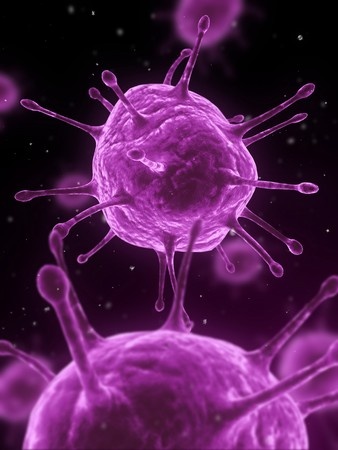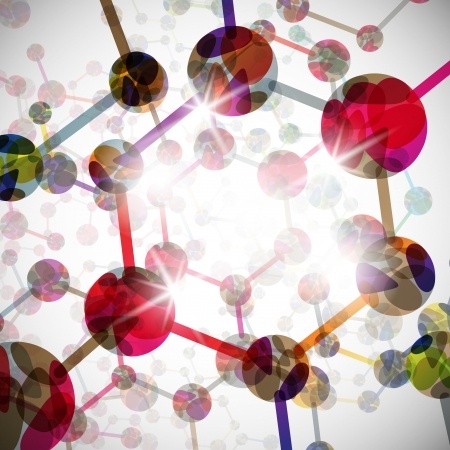This regular feature of STAOblog brings you a sampling of the latest science news that would be of particular interest to your students. Incorporate these stories into your lesson. Or, use them as a “cool attention-grabber” at the start of class. Above all, enjoy the discussion and get your kids excited about science! “SciNews” is published every Monday and Thursday.
Share your favourite SciNews “gems” by emailing them to staoblog@stao.org.
How do you use scinews in your class? Share your tips using the comment button.
 Biology
Biology
IQ is in the genes. Science News for Students
How smart you are doesn’t depend on how your parents raised you, a new study concludes. Their reading to you, talking with you at the dinner table and taking an active interest in your life could make you happy. And that’s important. But it won’t make you smarter, says Kevin Beaver. As a criminologist,he studies the causes of crime and ways to prevent it. Beaver works at Florida State University in Tallahassee. His research team wanted to know if different parenting styles influenced a child’s intelligence. After all, Beaver notes, “intelligence has been linked to crime.” Read more…
Deforestation: Making the world a wetter place. Eureka Alert.
The removal of trees from wetlands around the world, such as swamps, bogs, and marshes, is making these environments even wetter, according to a new study. Actually, researchers say that the ongoing deforestation of wetlands may even be creating new wetlands in certain parts of the world. But this phenomenon goes largely unnoticed because most studies of the environment have not been designed to look for it, they say. Read more…
Can soft drinks speed aging? Science News for students
Soft drinks may quench your thirst and provide an energy boost. They also can do a lot of damage — beyond expanding your waistline. Drinking sweetened sodas daily can speed how fast the body’s cells age, a new study indicates.
Regularly downing sugary soft drinks can boost the risk of chronic diseases, including type 2 diabetes, heart disease and liver disease. These long-lasting conditions have no cure. Today, three-fourths of all American healthcare dollars go to manage such ailments. What researchers hadn’t worked out was why overindulging in sugary drinks leads to such diseases. Read more…
 Chemistry
Chemistry
Hydrogen May Prove Fuel of the Future. Scientific American
Humans have harnessed hydrogen for a variety of applications, from blasting rockets into space to making common household products like toothpaste. Now, after decades of development, hydrogen is about to find its way into the family car. Read more…
Chemists fabricate novel rewritable paper. Science Daily
Chemists have fabricated novel rewritable paper, one that is based on the color switching property of commercial chemicals called redox dyes. The dye forms the imaging layer of the paper. Printing is achieved by using ultraviolet light to photobleach the dye, except the portions that constitute the text on the paper. The new rewritable paper can be erased and written on more than 20 times with no significant loss in contrast and resolution. Read more…
 Physics
Physics
A teacher’s guide to mentoring in STEM. Science News for Students
There was once a girl named Beth who loved the environment. She took every course that her school offered in biology and environmental science. The teen studied science because she felt that it made her look smart. She also cared about environmental issues and liked to work outdoors. But she did not study science because she was passionate about it. That changed when Beth attended the College of William and Mary in Williamsburg, Va. Read more…
Physicists Explain Why Dogs are Sloppy Drinkers. Sci-News.
Dogs and cats need to move fluid against gravity into the body by means other than suction; they do this by lapping fluid with their tongue. When a dog drinks, it curls its tongue posteriorly while plunging it into the fluid and then quickly withdraws its tongue back into the mouth. During this fast retraction fluid sticks to the ventral part of the curled tongue and is drawn into the mouth due to inertia. The scientists studied several variations of this drinking behavior among many dog breeds, specifically, the relationship between tongue dynamics and geometry, lapping frequency, and dog weight; and also compared the results with the physical experiment of a rounded rod impact onto a fluid surface. Read more…
 Earth and Space Science
Earth and Space Science
January-October 2014 temperatures highest on record. Science Daily
The global average temperature over land and ocean surfaces for January to October 2014 was the highest on record, according to the U.S. National Oceanic and Atmospheric Administration. It said October was the hottest since records began in 1880. Read more…
Lightning strikes will surge with climate change. Science News for Students.
Global warming could have an electrifying effect. Rising temperatures may increase lightning strikes by 50 percent over the next 100 years, researchers report. “For every two strikes you get today, you’ll get three strikes at the end of the century,” explains David Romps. He’s an atmospheric scientist at the University of California, Berkeley. Romps was the lead author of the new study. It appeared November 14 in Science. Read more…




